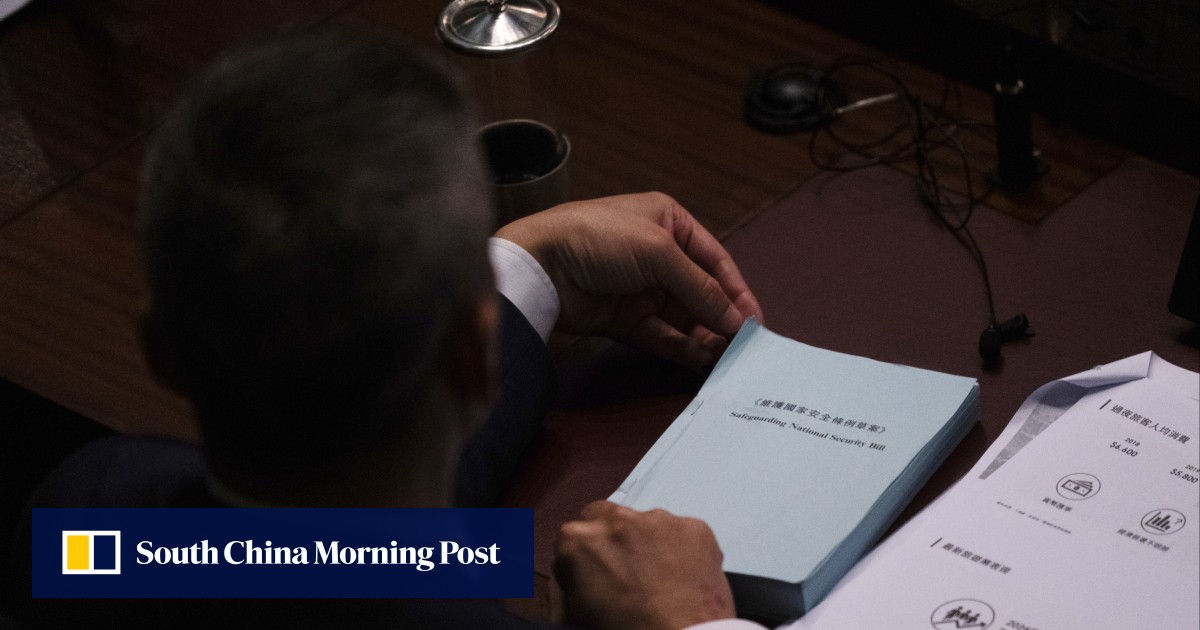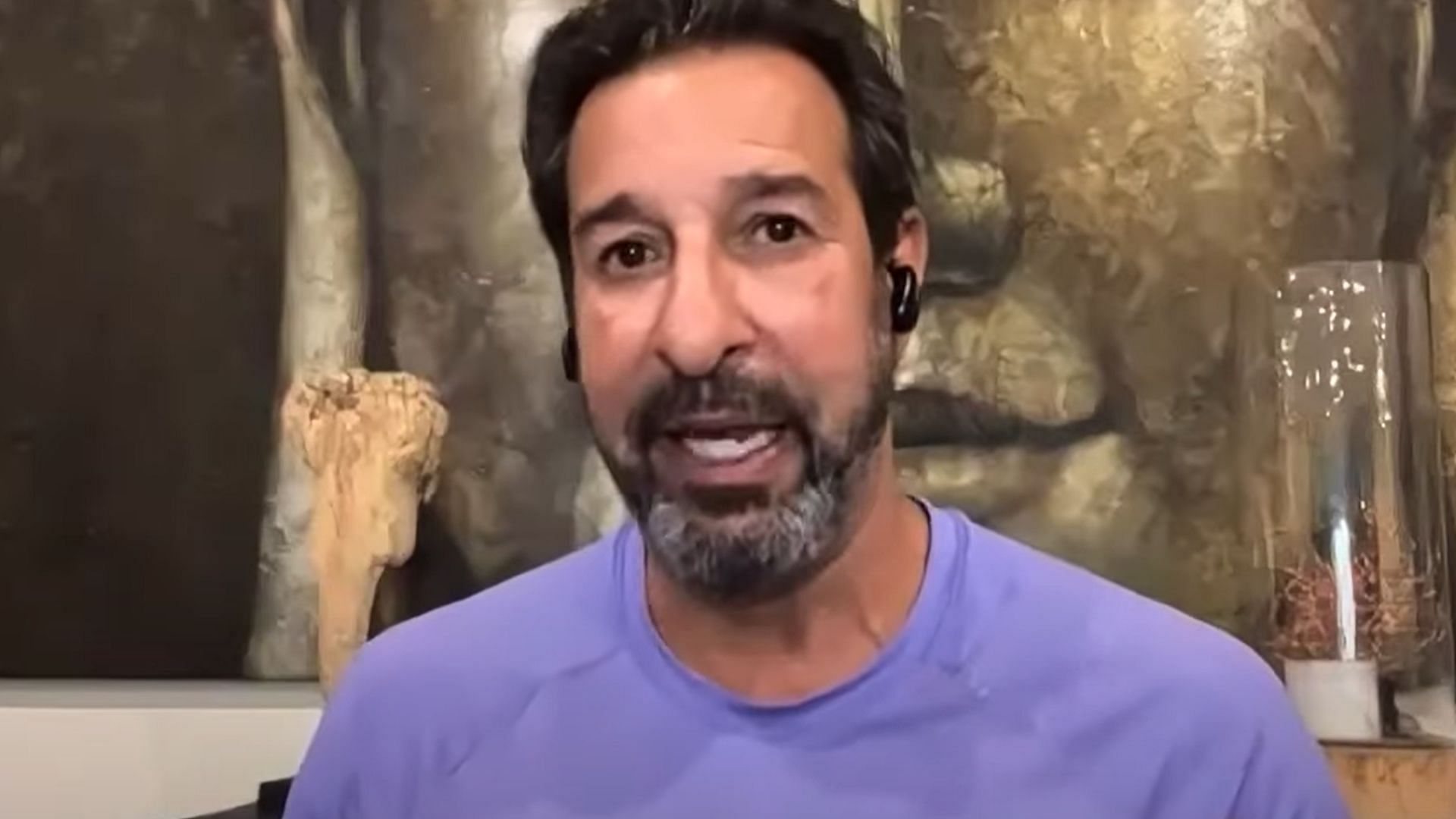US lawmakers urged the White House to sanction Hong Kong officials responsible for passing the city’s new domestic national security law, hours after it came into force, while pledging to expedite legislation to strip the city’s American-based trade offices of special privileges.
“We need a whole new wave of sanctions coming from the [Biden] administration,” said Republican congressman Christopher Smith of New Jersey, co-chair of the Congressional-Executive Commission on China (CECC), on Friday.
“We need new laws, no doubt about it. But we have existing statutes that are built overflowing with provisions empowering the administration to take action right now,” Smith said.
Smith described US lawmakers as holding a “robust debate” in the past week in the House Foreign Affairs Committee regarding the Hong Kong Economic and Trade Office Certification Act, which he sponsored.
The legislation was supposed to go to the House floor for a vote this week but was pulled from being marked up for “inexplicable reasons”, he said.
‘Clumsy efforts by foreign forces won’t upset Hong Kong’s path to prosperity’
‘Clumsy efforts by foreign forces won’t upset Hong Kong’s path to prosperity’
The bill would require the White House to “remove the extension of certain privileges, exemptions and immunities” to the American-based trade offices if it determined that Hong Kong no longer enjoyed a high degree of autonomy from Beijing. It was approved by the House Foreign Affairs Committee last year.
“We’re going to be pushing to get it as soon as we come back after this recess,” Smith said, referring to the week of April 8.
A Senate version of the bill passed that chamber’s foreign relations committee in July, but it has not yet been put to a vote on the floor.
Should both chambers pass the bill and Biden sign it, the American leader would be required to explain to Congress why the offices in the US should retain or lose their diplomatic privileges, which were granted under the Hong Kong Policy Act of 1992.
That law went into effect ahead of Britain’s handover of Hong Kong to Beijing in 1997 and was intended to keep American trade and other privileges the city enjoyed in place following the transfer of control.
The city’s three representative offices in the US – in Washington, New York and San Francisco – would be required to close within 180 days if the president opted for decertification.
Smith, along with Democratic senator Jeff Merkley of Oregon – the other CECC co-chair – vowed on Friday to advance the Transnational Repression Policy Act in both the House and Senate.
That bill would give the Biden administration additional tools to hold foreign governments and individuals accountable when they stalk, intimidate or assault US citizens and residents.
Foreign chambers in Hong Kong take wait-and-see approach to Article 23 law
Foreign chambers in Hong Kong take wait-and-see approach to Article 23 law
“China threatens the family members of those who speak up in the United States,” said Merkley. “This is not just a direct attack on the family members back home. It’s a direct attack on our freedoms here in America. It’s absolutely 1,000 per cent unacceptable and we need to pass a Transnational Repression Policy Act.”
Another bill, the Hong Kong Sanctions Act, which was introduced in November, seeks to impose sanctions on nearly 50 city officials and judges, including Lam, the justice secretary.
Last Thursday, in a letter to US Secretary of State Antony Blinken, the CECC co-chairs and leading members of the House select committee on competition with China said Article 23 “will further erode the rule of law and fundamental freedoms of people of Hong Kong and US. interests in the city.”
The letter called on the State Department to escalate its travel advisory for Hong Kong and sanction officials “who have played an instrumental role in carrying out Beijing’s bidding to undermine democratic freedoms and the rule of law in Hong Kong”.






/cdn.vox-cdn.com/uploads/chorus_asset/file/25432052/installer.png)
